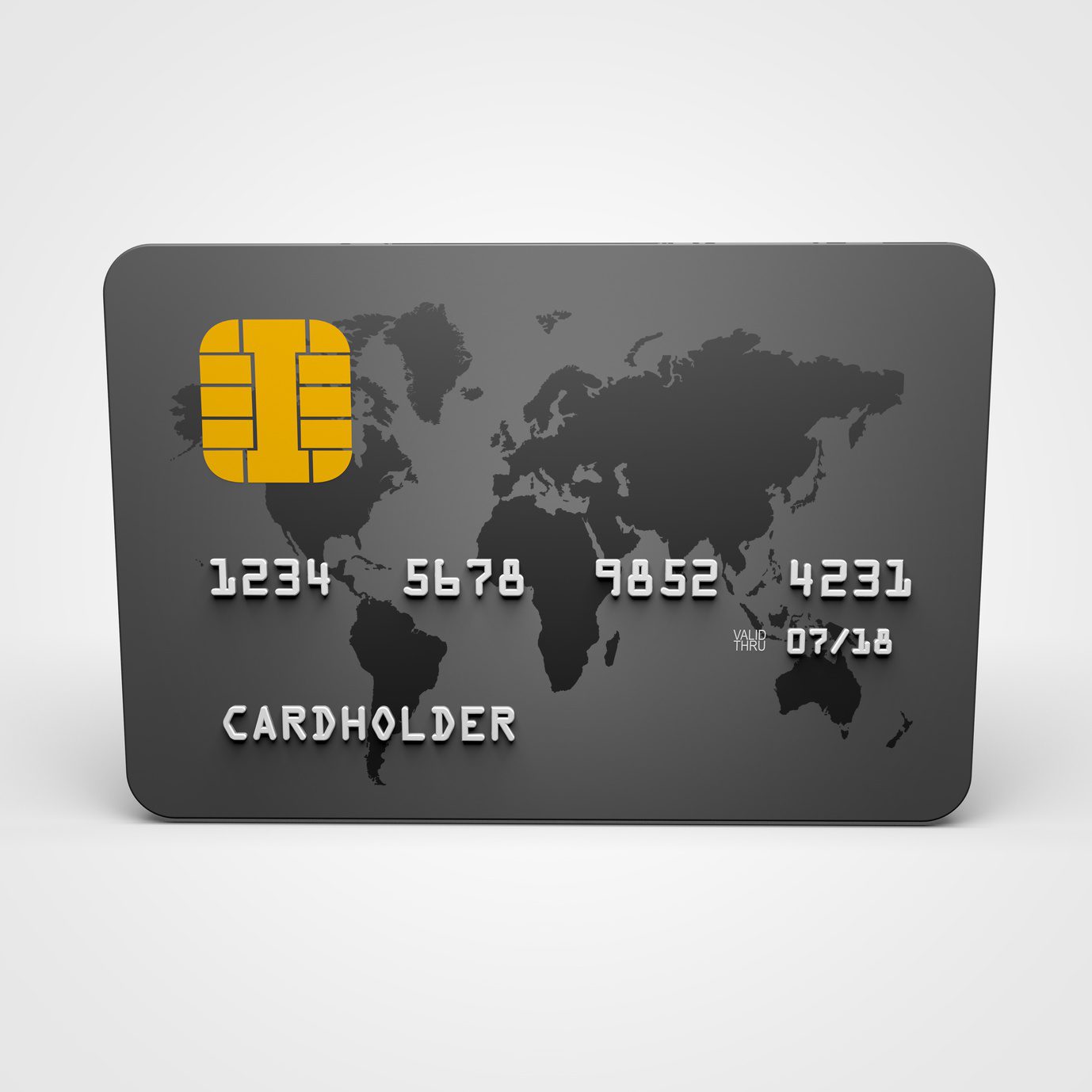When it comes to my household tax strategies, I am as silent as Donald J. Trump but this article is worth reading. The author discusses the tax implications of rewards. While I am a self-professed reward junky, and aggressively ferret out airline points and cash rewards, I do read the fine detail on every credit card agreement I have ever signed. The last thing you would want is a form 1099-X which would spoil all the fun of rewards and cash backs.
Mercator Advisory Group does not give tax or legal advice but we do offer this US News and World Report article as an interesting read.
- The big question of whether credit card rewards are taxable came to national attention in 2012, when Citibank issued 1099-MISC forms to cardholders who had received frequent flyer miles as a gift for opening an account. That was much to the surprise of those Citibank customers, who quickly learned that the miles weren’t a gift at all: They were considered taxable income by Citibank, valued at 2.5 cents each.
- As a rewards card user, how can you ensure you don’t end up in the same situation? Understanding tax requirements for credit cards can help you plan ahead and avoid surprises.
The issue centers on whether you had to do something to get the reward or whether they were free.
- Whether or not credit card rewards are taxable depends on how you earned them. Here’s a look at the rules surrounding rewards and taxes.
- Earning points, miles and cash back: If you have a credit card that offers 2 percent back on spending at grocery stores and gas stations and you earned $20 by spending $1,000 on qualifying purchases, do you have to report that money to the IRS? Fortunately, the answer is no.
- The same goes for miles, points and any other credit card rewards you earn for meeting certain spending requirements. “In general, credit card rewards are considered discounts on your purchases,” says Michael Law, CPA and tax expert. The reason, says Steven Rossman, CPA and shareholder at accounting firm Drucker & Scaccetti, is because receiving a discount isn’t the same as earning income. “It isn’t income to you – it reduced the price of what you purchased,” he says.
- “The only time that credit card rewards are taxable is when you do nothing in exchange for the reward,” says Rossman. This situation is treated the same as when you earn a cash bonus from your bank for opening a new checking account. The IRS considers it taxable income, and the financial institution may issue a 1099 form reporting that payment.
So, breath a sigh of relief, for now rewards have minimal tax implications. They probably will not trigger an audit, which would be about as fun as a root canal.
Overview by Brian Riley, Director, Credit Advisory Service at Mercator Advisory Group











